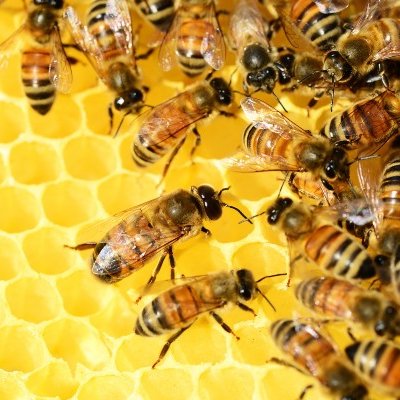Molecules from the venom of one of the world’s largest spiders could help University of Queensland-led researchers tailor pain blockers for people with irritable bowel syndrome (IBS).
21 September 2020Research has found a proposal to regulate mining of Indigenous lands in Brazil’s Amazon rainforest could affect more than 863,000 square kilometres of forest and harm the nation’s economy.
21 September 2020The secret of how fibre shapes the structure of plant cell walls has been revealed, with potentially wide-ranging applications ranging from nutrition and health to agriculture.
17 September 2020Global biotech company CSL Limited will supply the Australian Government with 51 million doses of The University of Queensland’s COVID-19 vaccine candidate if it proves successful, under a heads of agreement announced today.
7 September 2020Biological control of insect pests – where ‘natural enemies’ keep pests at bay – is saving farmers in Asia and the Pacific billions of dollars, according to University of Queensland-led research.
3 September 2020Researchers have warned that mining threats to biodiversity caused by renewable energy production could surpass those averted by climate change mitigation.
2 September 2020Mite extinctions are occurring at least 1,000 times the ‘natural’ rate – a finding a University of Queensland researcher says is another warning that global biodiversity is in deep trouble.
2 September 2020‘Dead’ coral rubble can support more animals than live coral, according to University of Queensland researchers trialling a high-tech sampling method.
1 September 2020The northern quoll, one of Australia’s most adorable and endangered native carnivores, appears to be adapted to dramatically different landscapes – which may be key to the species’ survival.
28 August 2020The world’s tropical regions are home to the widest range of plants and animals, but research from The University of Queensland reveals that climate change is pushing species away, and fast.
25 August 2020Indigenous teenagers at remote schools rarely have opportunities to envision themselves in science, technology, engineering and maths careers – but one young Wiradjuri woman has found a path.
20 August 2020As world temperatures rise, the rate at which plants in certain regions can absorb carbon dioxide is declining, according to University of Queensland research.
20 August 2020The most successful and cost-effective ways to restore coral reefs have been identified by an international group of scientists, after analysing restoration projects in Latin America.
12 August 2020The development of eco-friendly pesticides urgently required to protect crops will be accelerated with funding from the Australian Research Council.
4 August 2020Robots working in abattoirs, sky-high vertical farms, more gene-edited foods in our supermarkets and automated farming systems could all help guarantee food supply in the next pandemic.
31 July 2020- ‹ newer articles
- 22 of 96
- older articles ›
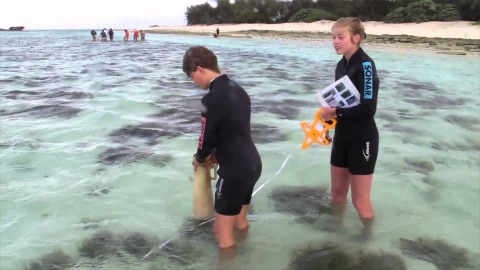
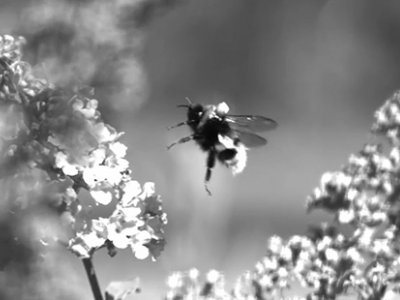

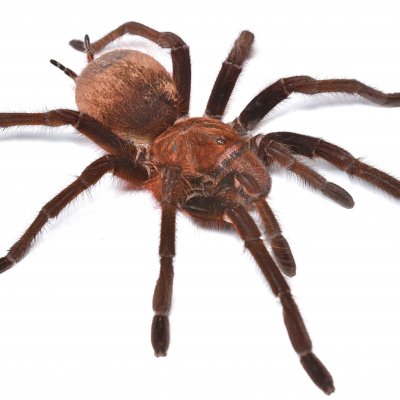

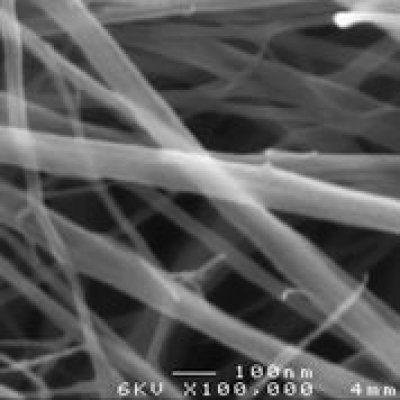

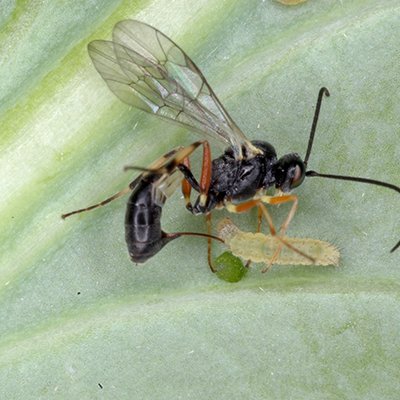
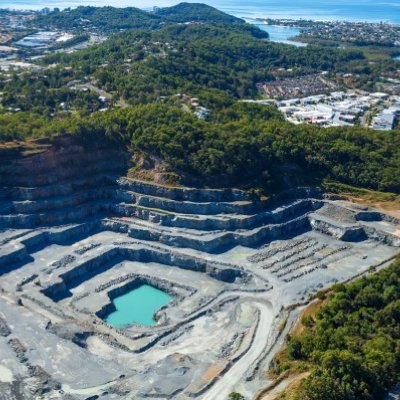
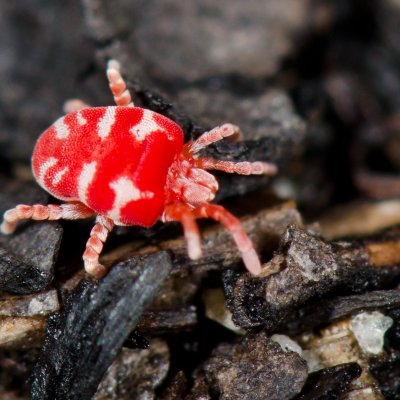
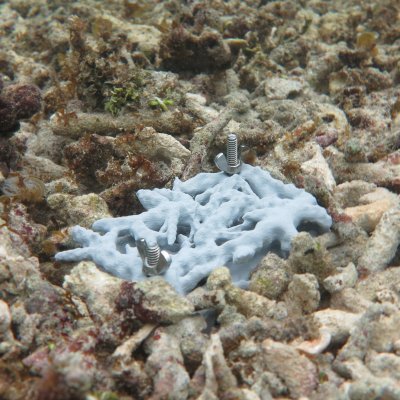
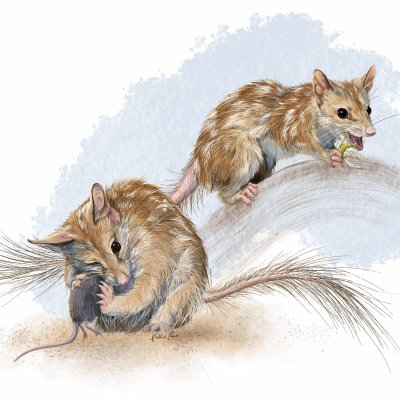
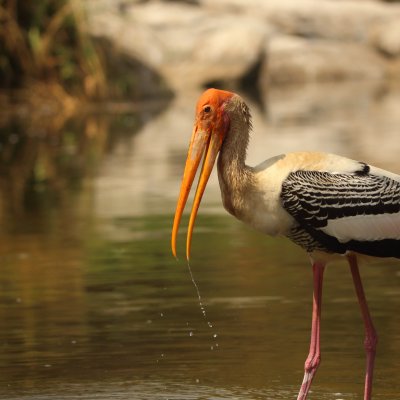
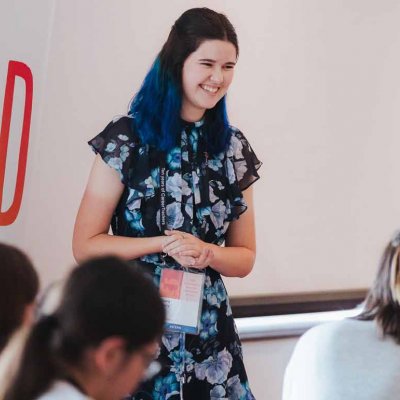

 (1).jpg?itok=uhdCGhI1)
